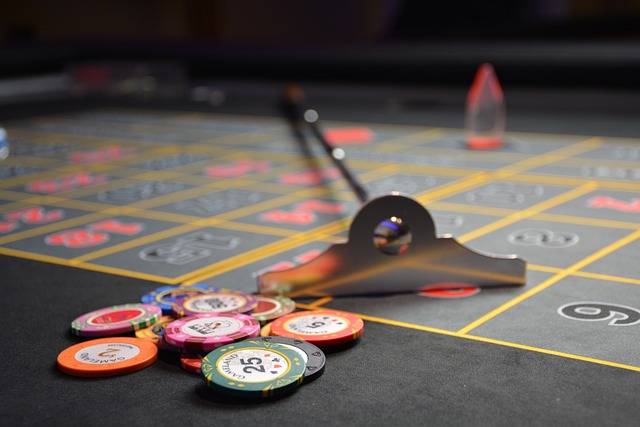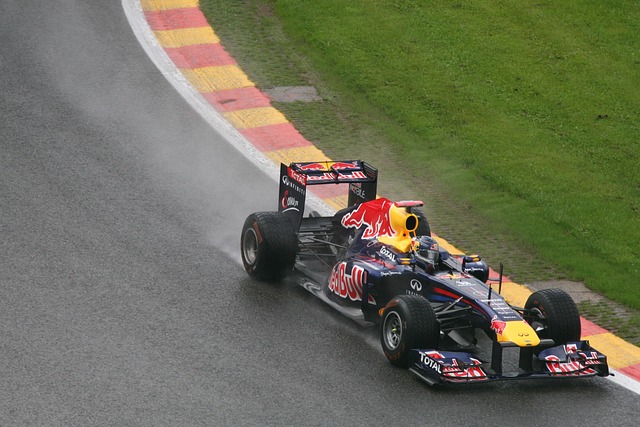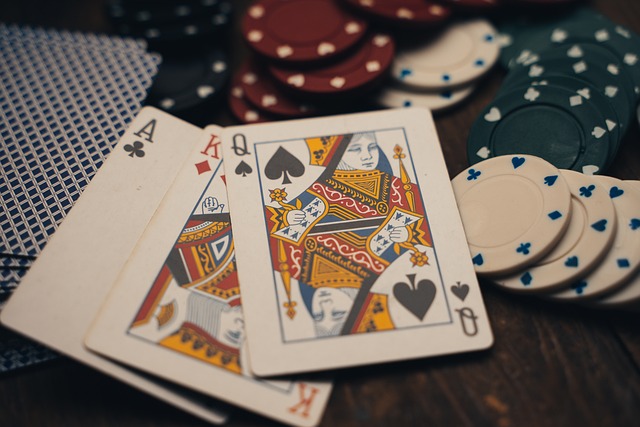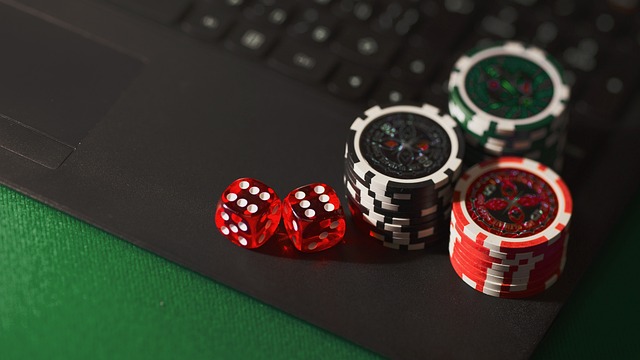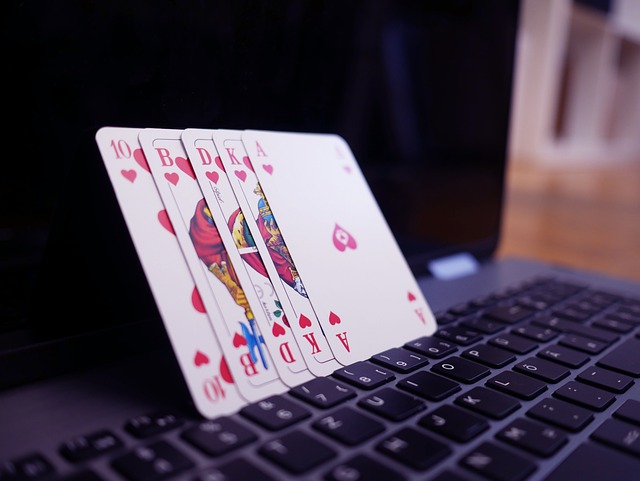
Gaming has always been an essential part of the human experience. From rolling a dice to playing complex video games, it mixes chance, strategy and choice. But artificial intelligence (AI) is forcing us to rethink how we understand chance and free will, both in the games we find at National Casino Spain and in daily life.
Chance as the driving force of gambling
Chance has always been key in games. Dice, roulette and cards are symbols of forces beyond our control. This element brings uncertainty, making games exciting and challenging. But chance not only entertains; it also reflects life itself: chaos, unpredictability and adaptation to the unexpected.
What happens when AI enters the scene? Machines do not depend on traditional chance. Their algorithms imitate unpredictability, but are based on calculations and patterns. This redefines our idea of chance. Can machine unpredictability equal genuine randomness?
Free will in an AI-driven world
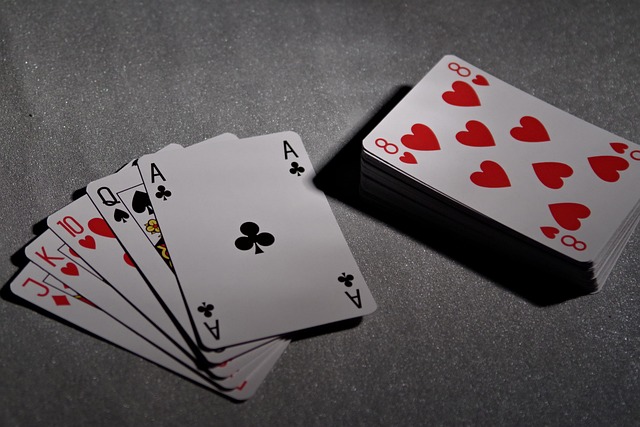
Free will, the ability to consciously decide, is key in gaming. In role-playing, video games, or strategy games, players make decisions that change the course of the game. These choices, while influenced by chance, reinforce the feeling of autonomy and control.
AI calls this into question. When an algorithm creates scenarios, adjusts difficulties, or “anticipates” the player, is free will still authentic? For example, in modern video games, AI can adjust difficulty to maintain interest. This improves the experience, but it raises a question: are the player’s decisions real, or are they guided by a system that only creates the illusion of autonomy?
Is the randomness generated by AI really randomness?
One of the most interesting contributions of AI to game design is the procedural generation of content. Maps, levels, and challenges that were once created by human designers are now “randomly” generated by algorithms. However, this randomness is not truly random. It is guided by predetermined rules and parameters. Although players may experience the outcome as unpredictable, every element is grounded in algorithmic logic.
This raises the question of whether the “randomness” generated by AI is comparatively distinct from human chance. While rolling a die represents pure physical randomness, algorithms generate outcomes following specific mathematics. In essence, AI replaces chaotic chance with a type of unpredictability that, while complex, is still controlled.
The Paradox of Control
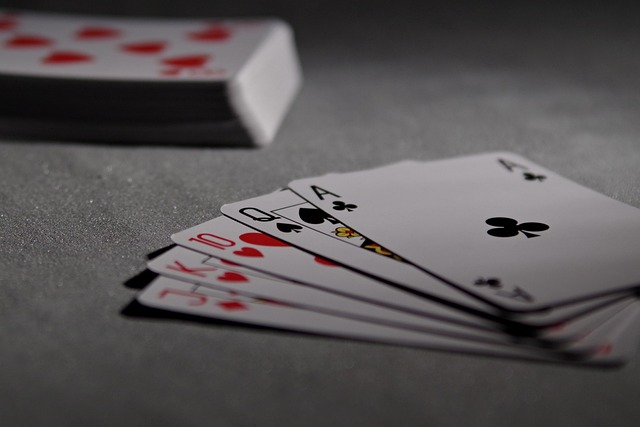
Interestingly, AI also allows game designers to grant a greater degree of autonomy to players. For example, AI-based games can personalize experiences, adapting to individual preferences and abilities. This could be interpreted as a move toward player empowerment, offering a more authentic experience aligned with their playstyle.
However, this personalization can also become a form of invisible control. By anticipating and adapting to player actions, AI not only removes some of the randomness, but also redirects the course of the game in subtle ways. This creates a paradox: players have the feeling of greater autonomy, but their experience is carefully shaped by invisible systems.
Final Thoughts
The integration of artificial intelligence into gaming is profoundly transforming how we understand chance and free will. AI not only redefines the role of chance, replacing chaotic unpredictability with controlled patterns, but also questions the authenticity of free will by introducing systems that anticipate and shape the player experience.
This does not mean that the impact of AI is negative. Rather, it raises philosophical and practical questions about how we design and experience games. Ultimately, the challenge is not to remove chance or free will, but to find a balance that honors the essence of gaming as a space where human uncertainty, choice, and creativity can coexist with the transformative capabilities of AI.
